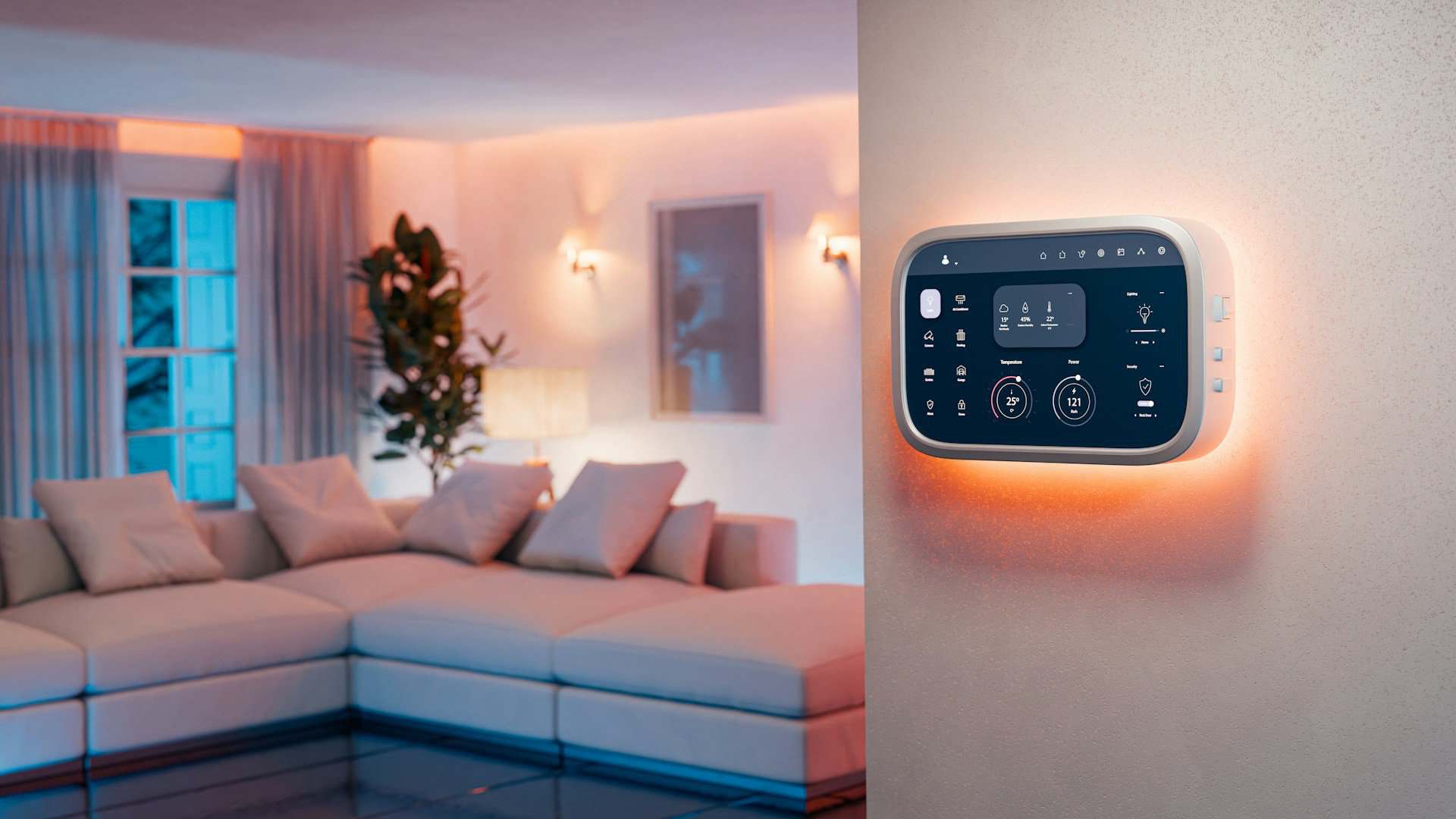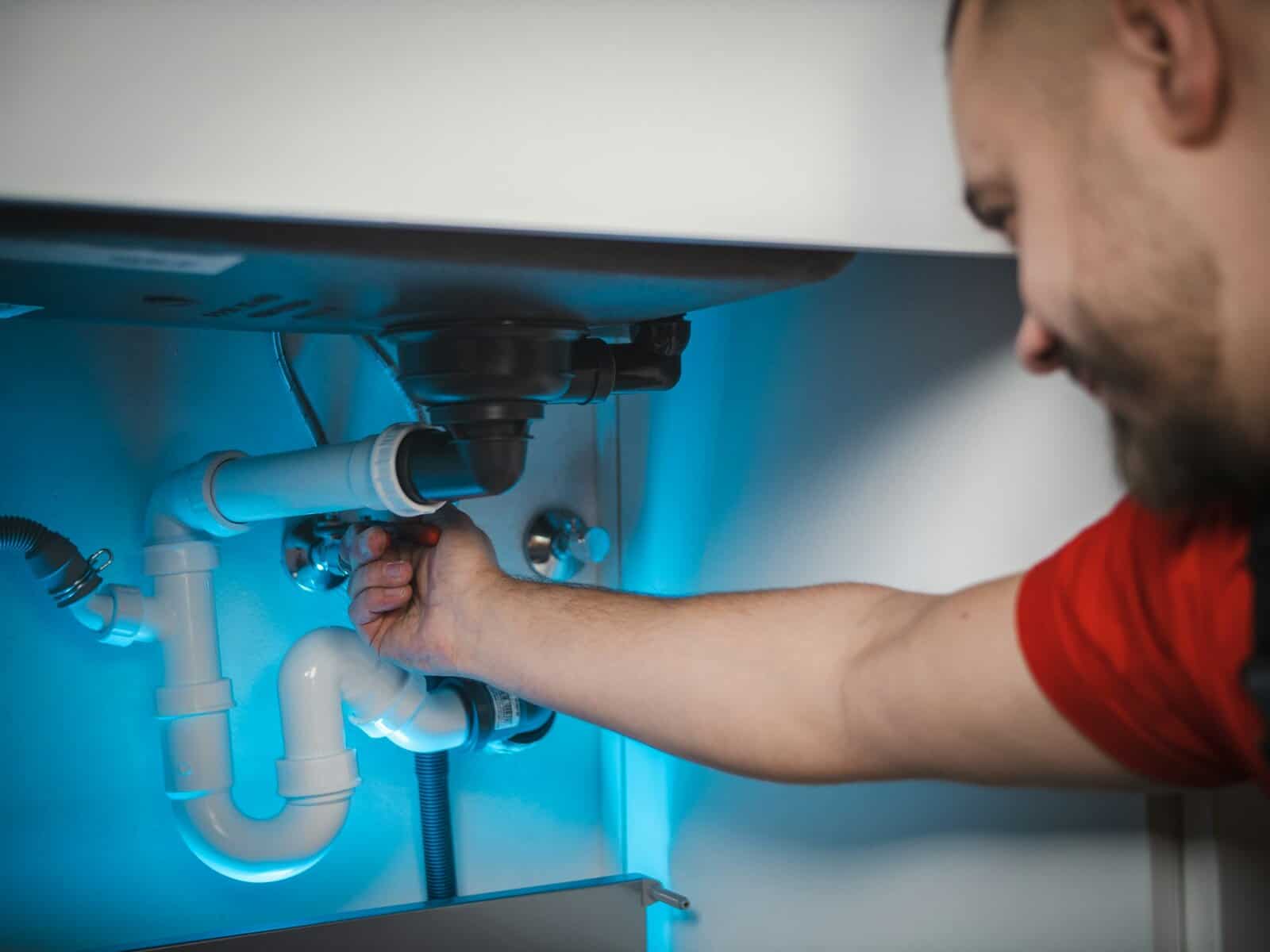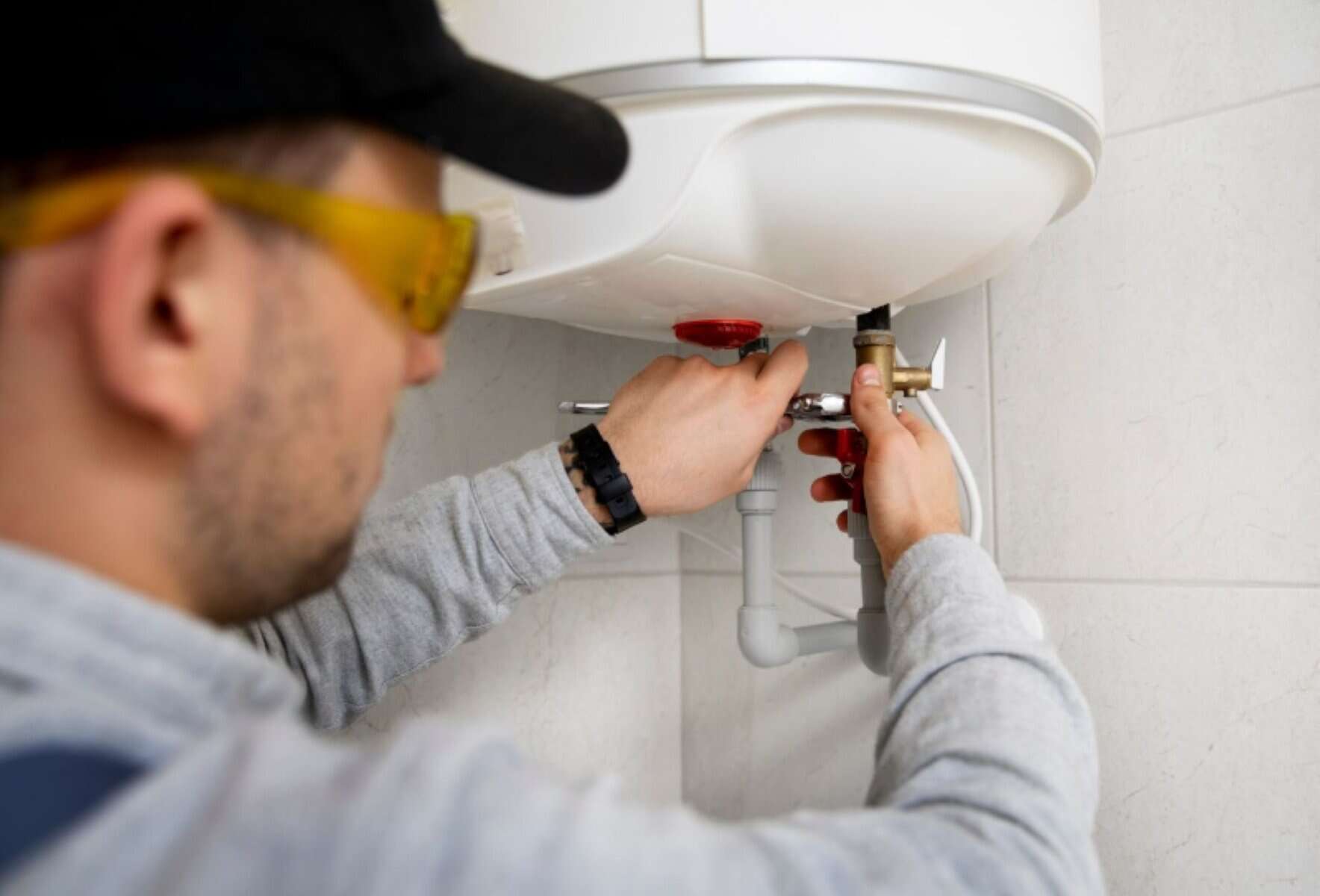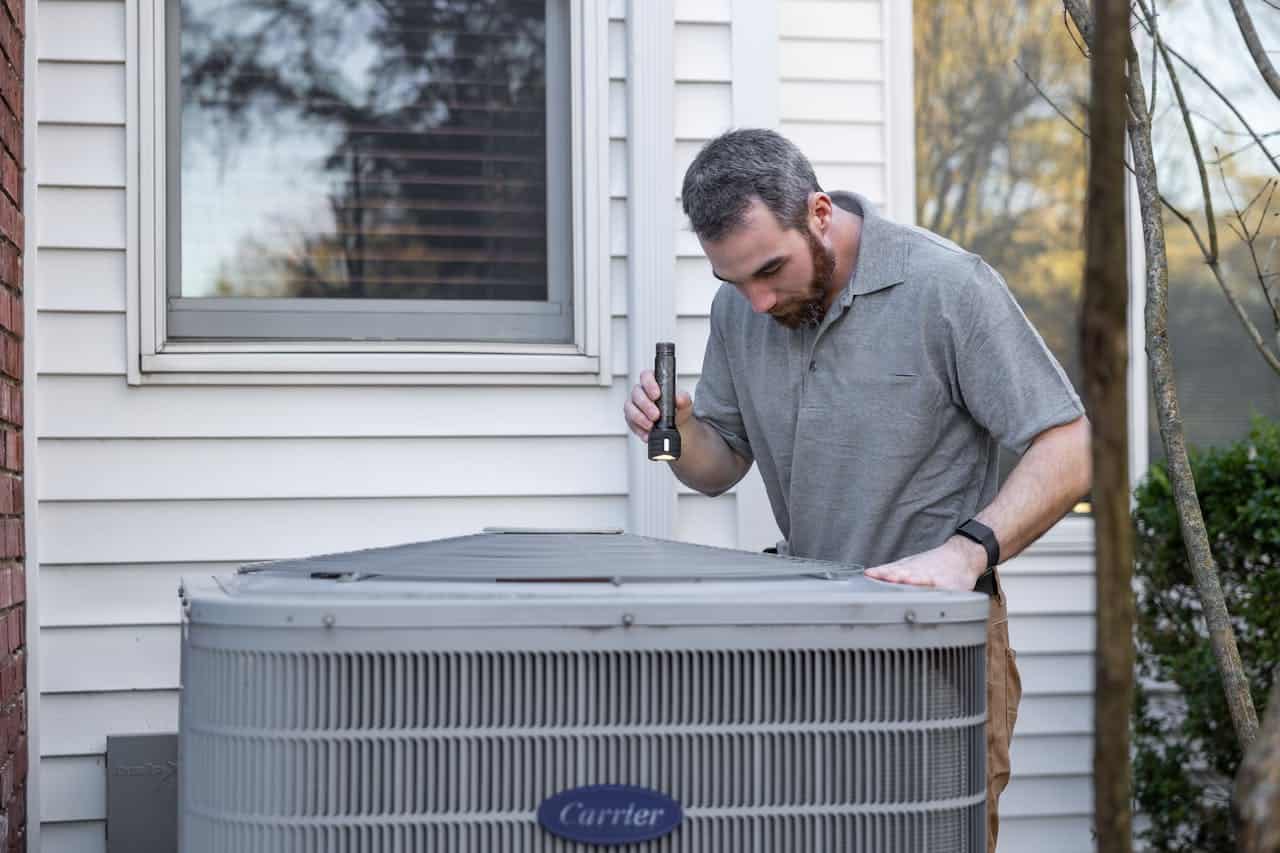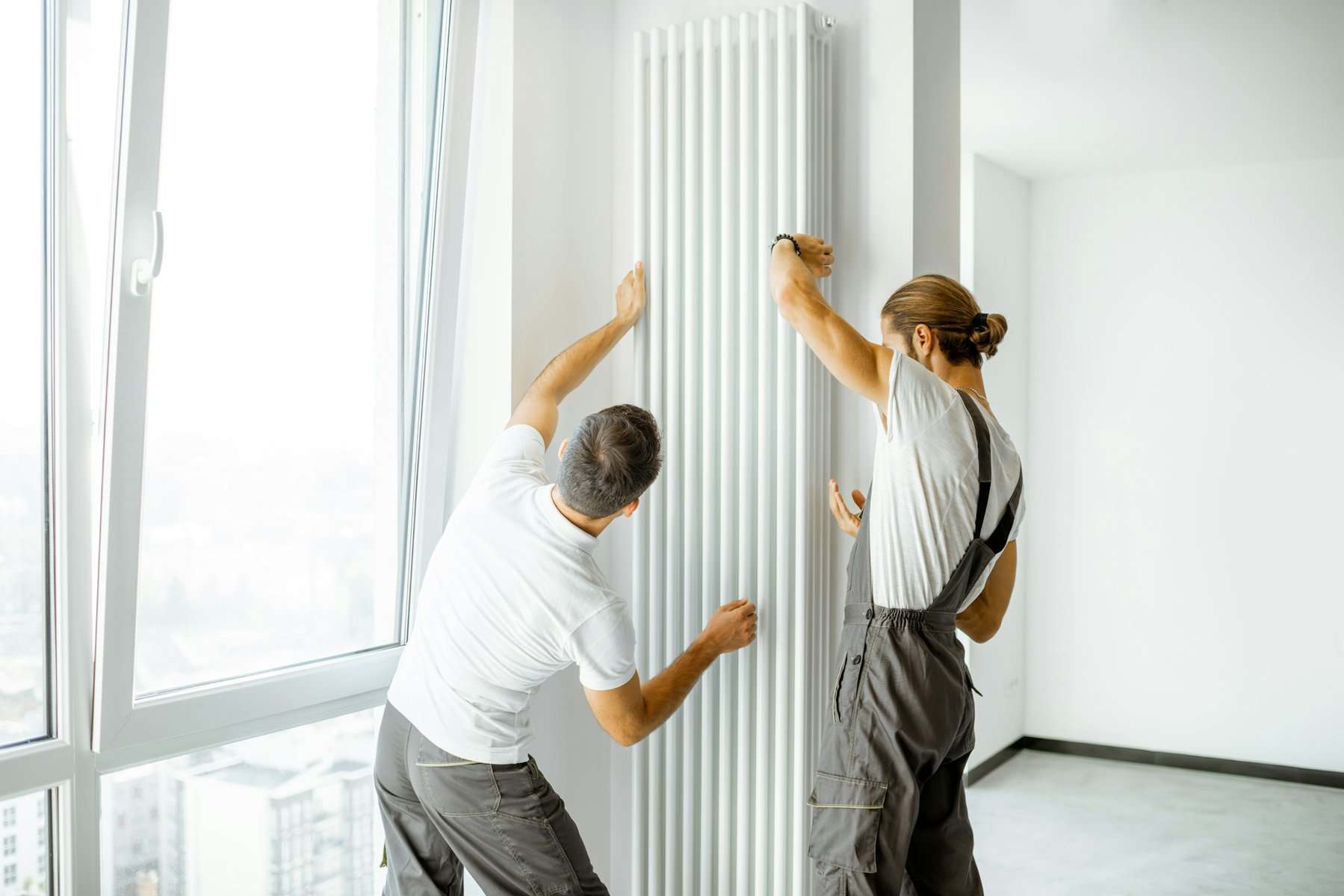When it comes to staying comfortable in your home, especially during the dry months in Saratoga Springs, a whole house furnace humidifier can make a world of difference. These systems help maintain ideal levels of humidity, improving air quality and making your living space more pleasant. If you’ve ever struggled with dry skin or found it difficult to breathe during winter, a house-wide humidifier could be just what you need. By adding moisture to the air, it enriches your home environment and enhances your overall comfort.
Whole house furnace humidifiers work quietly alongside your heating system, ensuring every room in your home benefits from moisture-rich air. They require minimal attention once installed, letting you focus on enjoying a cozy, comfortable space. Not only do these systems make your home feel more pleasant, but they also provide significant health advantages, particularly for those dealing with respiratory issues or allergies.
Improved Air Quality and Health
A whole house furnace humidifier can significantly improve the air quality in your home by addressing the common problem of dry air. During the colder months, when heating systems run continuously, indoor air can become uncomfortably dry. This often leads to dry skin, irritated throats, and respiratory discomfort. Here’s how a humidifier helps:
– Reduces Health Problems: By adding moisture to the air, whole house humidifiers help alleviate symptoms of dry air such as dry skin, chapped lips, and itchy eyes.
– Assists in Managing Allergies and Asthma: Humidified air can ease breathing difficulties for family members with asthma or allergies, reducing the frequency and intensity of attacks.
– Creates a Balanced Environment: Moist air limits the spread of certain irritants like dust and allergens, promoting a healthier breathing environment for everyone in the home.
For those living with respiratory conditions, installing a humidifier brings much-needed relief and can contribute to a noticeable improvement in quality of life. Instead of battling uncomfortable symptoms associated with dry winter air, residents can breathe easily and enjoy greater comfort. As an added bonus, keeping your air humidified also helps reduce the spread of airborne germs, contributing to fewer colds and flu during the winter season.
Enhanced Comfort and Home Preservation
Integrating a whole house furnace humidifier offers more than just a pleasant environment; it also brings a sense of comfort that can make a house truly feel like a home. Maintaining the right humidity levels during dry winter months ensures that indoor air remains cozy and inviting. No longer do you have to deal with static shock surprises or constant chilly air that a heating system alone can’t balance out.
Another advantage of proper humidity is its protective effect on your home’s interior. Dry air can play havoc with wooden furniture, causing cracks or warping. A family heirloom table or a beautiful hardwood floor might suffer without enough moisture. Consistent humidity levels keep wood from drying out and prevent damage, allowing these prized possessions to remain in great condition for years to come.
- Energy Efficiency and Cost Savings
One of the often-overlooked benefits of whole house furnace humidifiers is how they can contribute to energy efficiency. When the air in your home feels warmer and more balanced, it naturally becomes more comfortable. This, in turn, means you may not need to crank up the thermostat as much to maintain warmth. Lowering the thermostat even a little can lead to noticeable savings on your heating bills over time.
Here’s how a humidifier contributes:
– Optimizes Comfort: With a balance of moisture, the air feels warmer without the need to increase heating.
– Lowers Energy Bills: Reduced heating demand can translate into real savings, keeping your household budget in check.
– Promotes Sustainable Living: Using less electricity or heating fuel also aligns with efforts to reduce environmental impact.
This benefit goes hand-in-hand with comfort, allowing families to enjoy a warmer home with less energy usage. It’s a practical choice for those looking to keep expenses and energy waste down during chilly months.
Easy Maintenance and Long-term Investment
Once installed, whole house furnace humidifiers don’t need a lot of fussing over. Compared to individual room humidifiers that require frequent refilling and cleaning, these systems are low-maintenance. Typically, they connect directly to your home’s water supply, providing continuous operation with minimal supervision.
The simplicity of maintenance is a significant advantage, as well as the long-term benefits these systems offer. Since they’re integrated with your heating system, they contribute to the overall longevity and effectiveness of both devices. This level of integration means fewer repairs and a longer lifespan for the equipment. Consider them an investment in your home, one that pays dividends in comfort, health, and cost savings over time.
A More Comfortable Saratoga Springs Home with Whole House Humidifiers
By balancing moisture levels, a whole house furnace humidifier can transform your Saratoga Springs home into a haven during the long, dry winter months. Not only will you breathe easier, but your surroundings and wallet will also benefit.
To maintain the tranquility and efficiency of your living environment, it’s wise to think about professional installation and regular servicing. These steps ensure the system works efficiently, providing the comfort and benefits your home deserves. Investing in quality solutions leads to a more enjoyable and healthier living space, making every season something to look forward to.
Experience the difference a professionally installed whole house furnace humidifier can make in your Saratoga Springs home. My Jockey ensures seamless operation so you can enjoy cleaner air, better comfort, and a cozier living space through every season.

